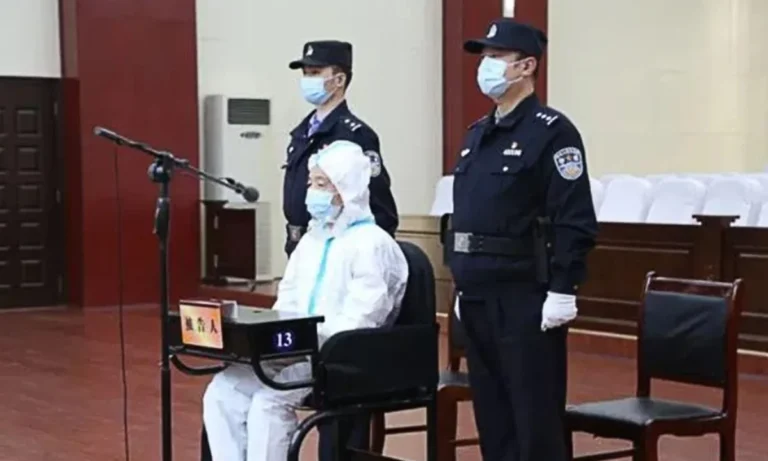Fake Shareholdings: The New Way to Pay Bribes in China

China's top anti-fraud watchdog is targeting administrative and political cadres who take bribes in the form of "dividends" from fake business investments, a type of corruption that authorities say is becoming increasingly common, secret and complex.
The Central Commission for Discipline Inspection (CCDI) said on Sunday that in such cases, officials take "returns" from the company without actually investing in the company or being involved in its operations.
In many cases, the invested company has no actual operations or profits and distributes dividends only to a handful of shareholders who are the officers or their designees.
Corruption directly on Chinese TV
As an example, the CCDI cited the case of Yang Degao, former vice president of the Hubei branch of the China Development Bank.
The commission said that from 2005 to 2014, Yang took advantage of his position in the CDB to help a company obtain a loan from his bank.
Yang and four accomplices also invested 2 million yuan ($280,000) in the company, becoming shareholders and receiving fixed dividends every year.
The group received 8 million yuan in "dividends" and, at one point, took back 2 million yuan of "capital", with Yang receiving over 3.74 million yuan more than sum owed to him, according to investigators. In January 2023, Yang was sentenced to 12 years in prison for accepting bribes worth more than 31 million yuan.
Another step in the fight against corruption
The campaign against these bribes is part of this year's CCDI priority to crack down on "corruption involving political and commercial collusion", particularly in the financial sector, state-owned enterprises and the energy, tobacco, healthcare sectors. and infrastructure. You can understand how keeping finance and corruption separate is a complex undertaking, as is understanding which are legitimate investments and which are disguised bribes.
Beijing has repeatedly warned its millions of Communist Party cadres to stay away from private equity investments to avoid ownership situations that are ripe for corruption. The Party's internal rules clearly prohibit officials from having stakes in unlisted companies, limiting them to investments in listed stocks. Officials are also required to report their family's investments, including shares, property and insurance, to the disciplinary watchdog annually.
Furthermore, the Civil Servants Law also states that public officials must not “violate relevant regulations to engage in or participate in for-profit activities or hold competing positions in enterprises or other for-profit organizations.”
The CCDI said that to circumvent these rules and avoid investigations, officials often named family members or other third parties as shareholders in companies. Practically, the system of dumbbells who share membership shares is not typical only of Italy or Europe.
Over the years, the anti-corruption campaign has brought down more than 1.5 million government officials. This year alone, the CCDI's crackdown on the $61 trillion financial sector has brought down more than 100 executives and officials.
About 110,000 party officials faced disciplinary action last year, the CCDI said in January, a 13% increase from the previous year. Tough life for China's corrupt officials.

Thanks to our Telegram channel you can stay updated on the publication of new Economic Scenarios articles.
The article Fake shareholdings: the new way to pay bribes in China comes from Economic Scenarios .
This is a machine translation of a post published on Scenari Economici at the URL https://scenarieconomici.it/false-partecipazioni-azionarie-il-nuovo-modo-per-pagare-le-tangenti-in-cina/ on Mon, 18 Mar 2024 11:00:55 +0000.
